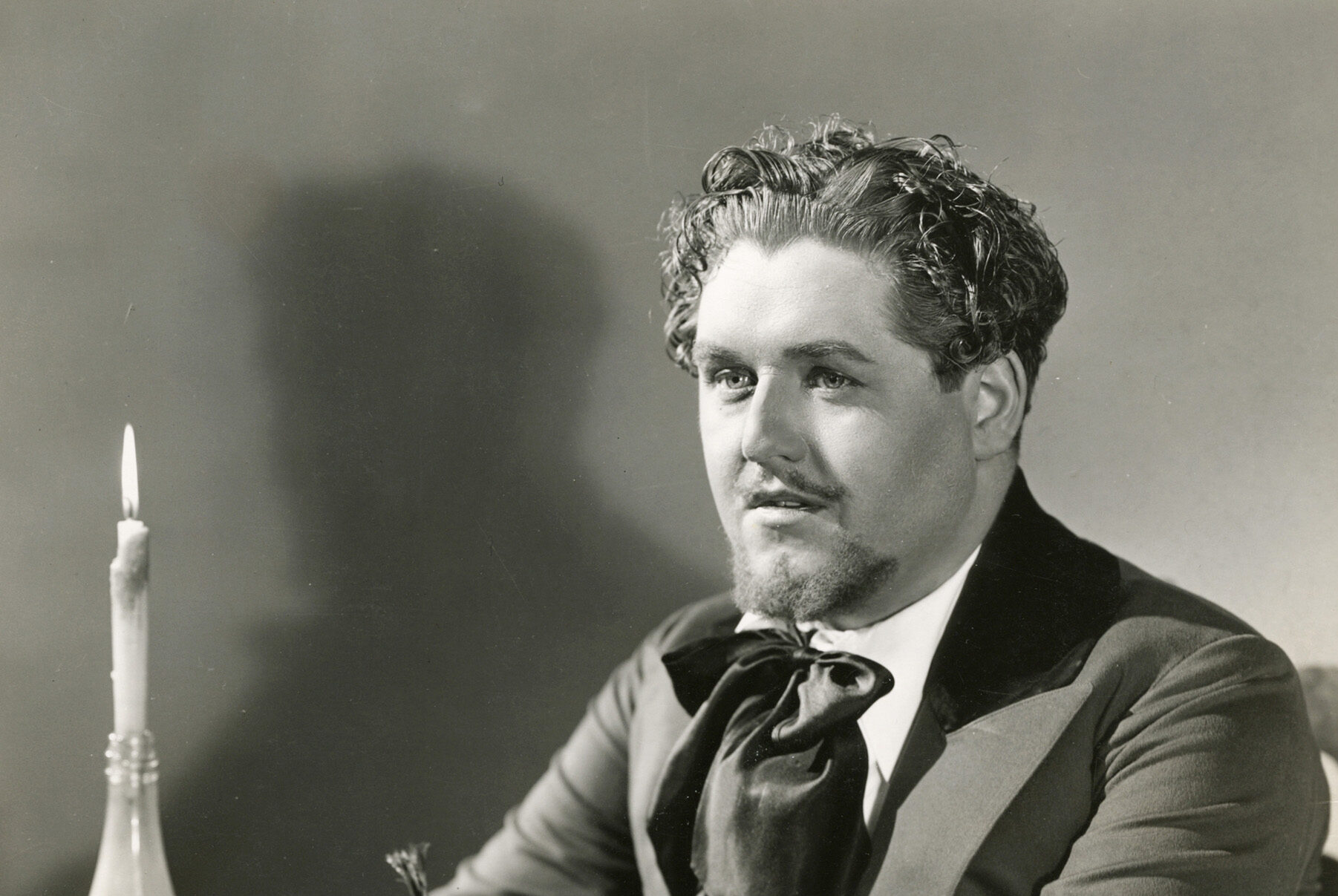
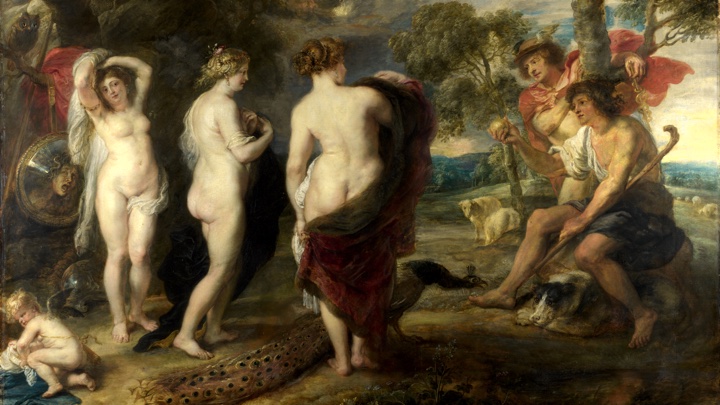
In anticipation, Chris’s Cache offers a pride of short early English works. In chronological order, today’s six selections are John Blow’s Venus and Adonis (1683); Purcell’s King Arthur (1691) and The Indian Queen (1695); John Eccles’s The Judgement of Paris (1700); William Boyce’s Solomon (1743); and John Stanley’s Arcadia (1762).
The obvious early crown jewel of this fertile period of English opera is Purcell’s Dido and Aeneas; Trove Thursday presented two very different versions of it a while back—one with Tatiana Troyanos and Jon Vickers, the other with Bernarda Fink and Gerald Finley.
My previous encounter with King Arthur was at the Brooklyn Academy of Music as part of a marvelous baroque festival by Les Arts Florissants in late March-early April 1995. In addition to programs featuring works by Couperin and Charpentier, LAF presented a semi-staging of the Purcell with two actors speaking a text by Jeremy Sams (which I recall being rather arch but not nearly as godawful as his later work for the Met) and soloists including Sandrine Piau, Sophie Daneman, Susannah Waters, Mark Padmore and Petteri Salomaa.
The Fairy Queen, the sumptuous music to accompany Shakespeare’s A Midsummer Night’s Dream, may be nearly as great as Dido and even more varied. LAF also has been my touchstone for that work; their Lincoln Center version in 1992 again with Piau and Padmore as well as Véronique Gens, Claron MacFadden, Charles Daniels, Jérome Corréas and Bernard Deletré was heaven.
Eighteen years later, LAF returned with The Fairy Queen in the grotesquely vulgar and endless Jonathan Kent production that originated at the Glyndebourne Festival. Musically it was fine but didn’t nearly rise to the heights of the earlier concert. Its cast included Lucy Crowe, today’s Venus.
After Purcell’s death, England was soon to be invaded by some of the great itinerant composers of the 18th century, but several fine native composers soldiered nobly on, though none could compete with Handel.
Blow: Venus and Adonis
Venus: Lucy Crowe
Cupid: Rowan Pierce
Adonis: Jonathan McGovern
Early Opera Company
Conductor: Christian Curnyn
Concertgebouw, Amsterdam
3 November 2018
Broadcast
Purcell: King Arthur or The British Worthy
Susan Gritton
Deborah York
Anders J. Dahlin
James Gilchrist
Andrew Foster-Williams
Le Concert Spirituel
Conductor: Hervé Niquet
Barbican Hall
20 May 2009
Broadcast
Purcell: The Indian Queen
Bénédicte Tauran
Alex Potter
Thomas Hobbs
Stephan MacLeod
Ensemble Cantatio
Conductor: John Duxbury
L’Eglise Saint-Gervais, Geneva
19 November 2019
Broadcast
Eccles: The Judgement of Paris
Pallas: Amanda Forsythe
Vénus: Ellen Hargis
Junon: Pamela Dellal
Mercury: Colin Balzer
Pâris: Aaron Sheehan
Boston Early Music Festival Orchestra and Chorus
Conductors: Paul O’Dette & Stephen Stubbs
14 June 2007
Broadcast
Boyce: Solomon
Sophie Daneman
Mark Padmore
Radio Kamerorkest en Groot Omroepkoor
Conductor: Roy Goodman
Amsterdam
19 September 1999
Broadcast
Stanley: Arcadia or The Shepherd’s Wedding (preceded by Arne’s arrangement of the English National Anthem)
Gillian Fisher
Nancy Argenta
Bronwen Mills
John Potter
Simon Davies
Andrew Knight
Parley of Instruments Baroque Orchestra
Conductor: Roy Goodman
23 July 1986
Broadcast
Each of these delightful works can be downloaded by clicking on the icon of a cloud with an arrow pointing downward on the audio player above and the resulting mp3 file will appear in your download directory.
Following last month’s Leontyne-fest, another diva birthday extravaganza arrives later this month.

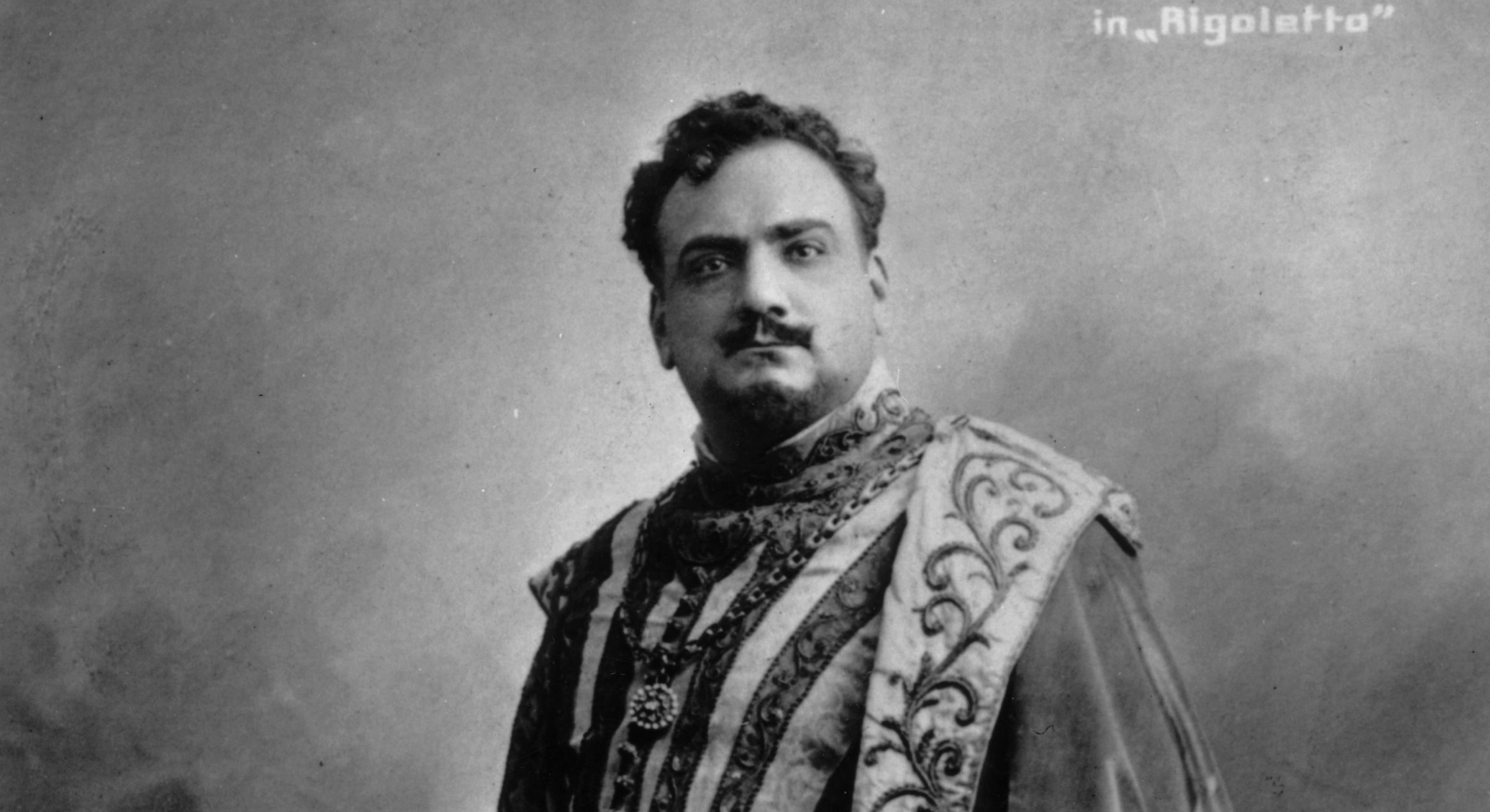
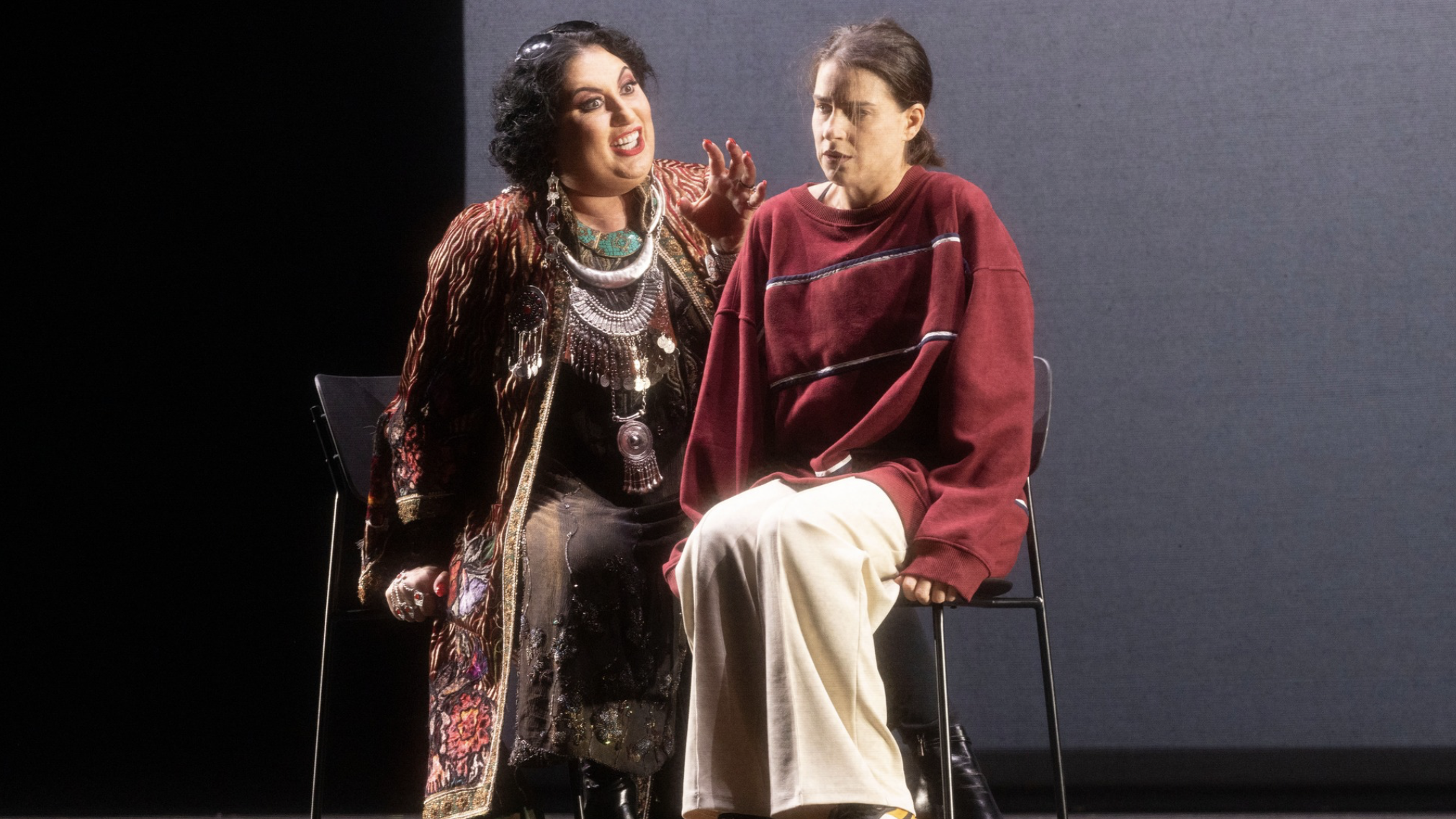
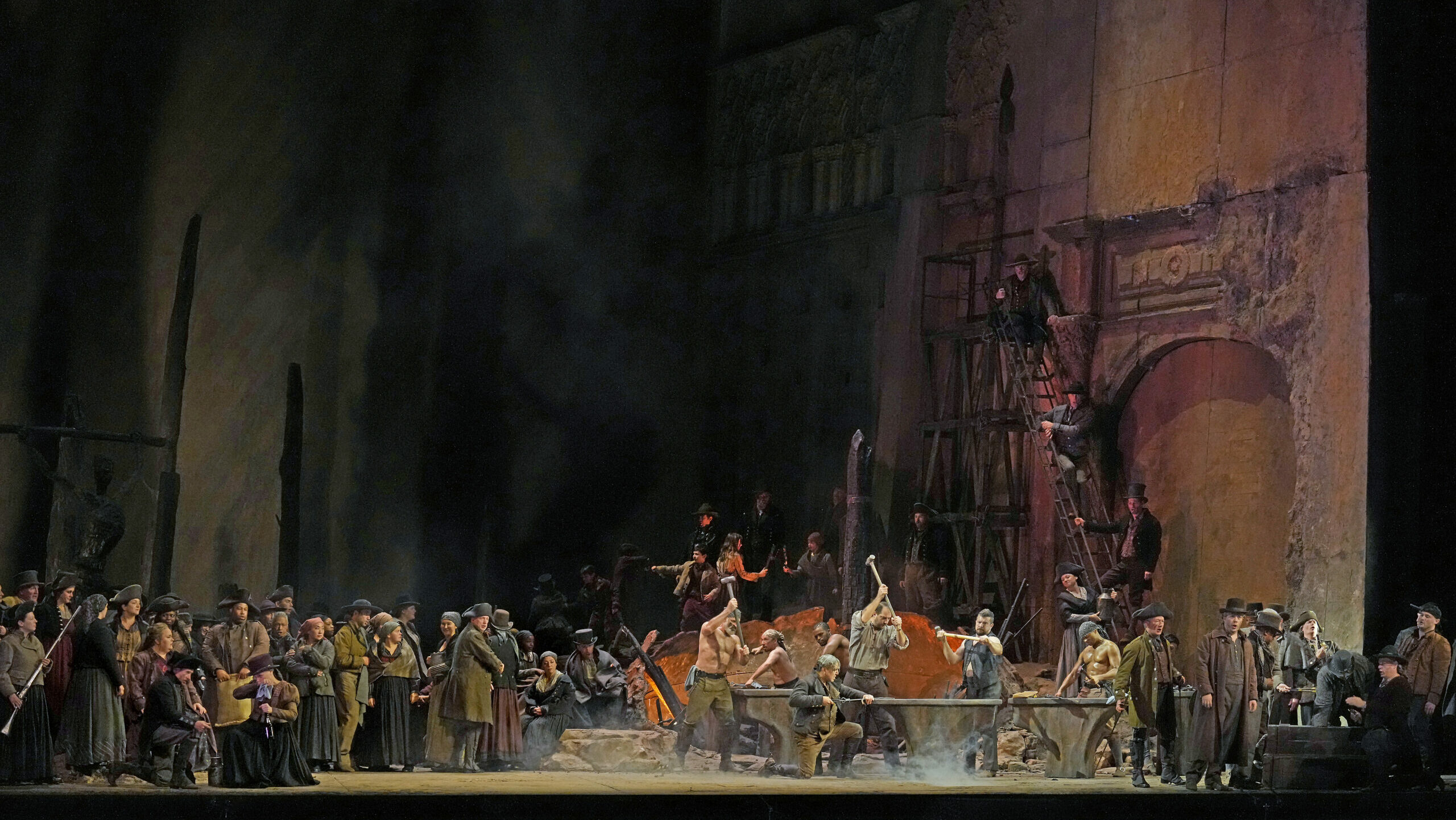
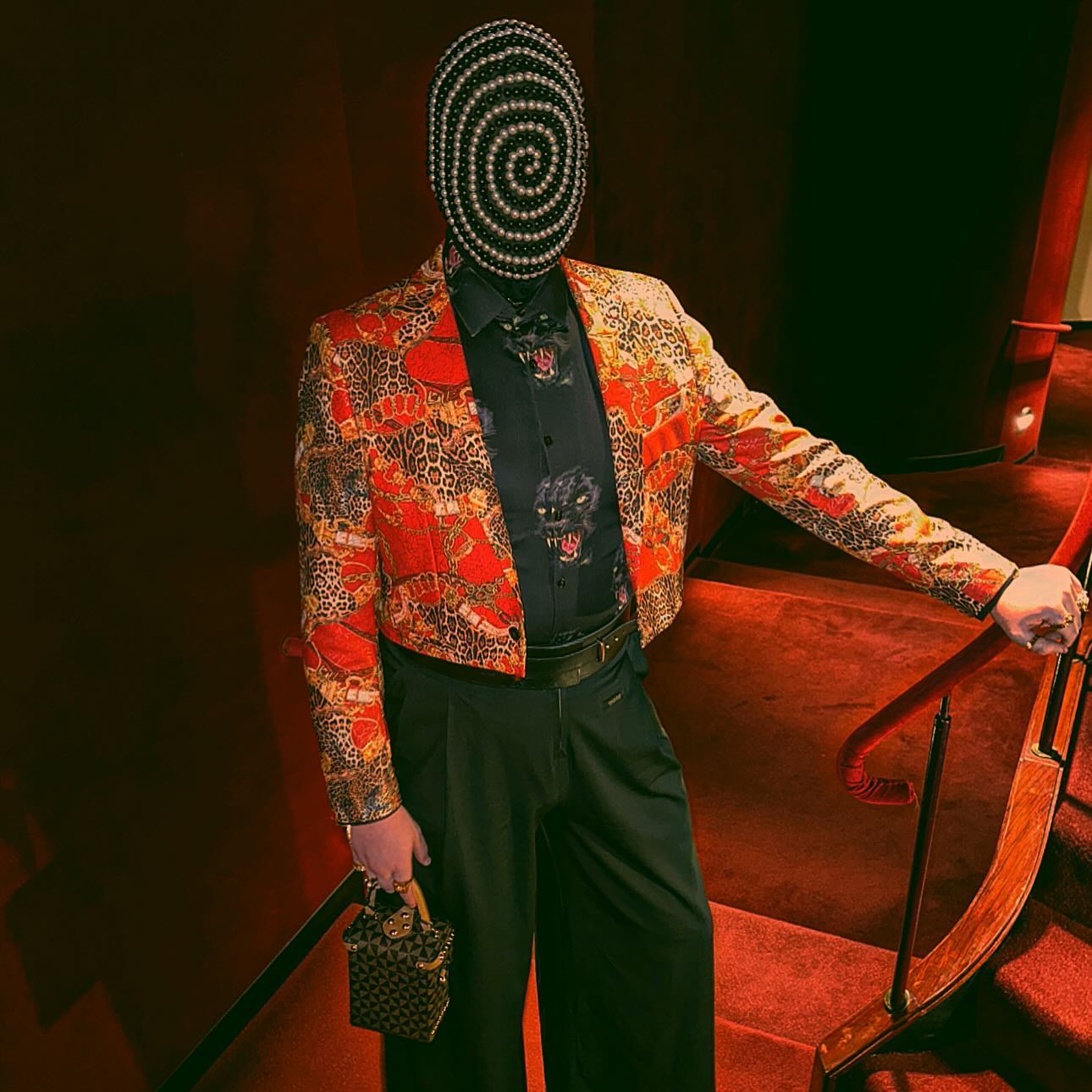
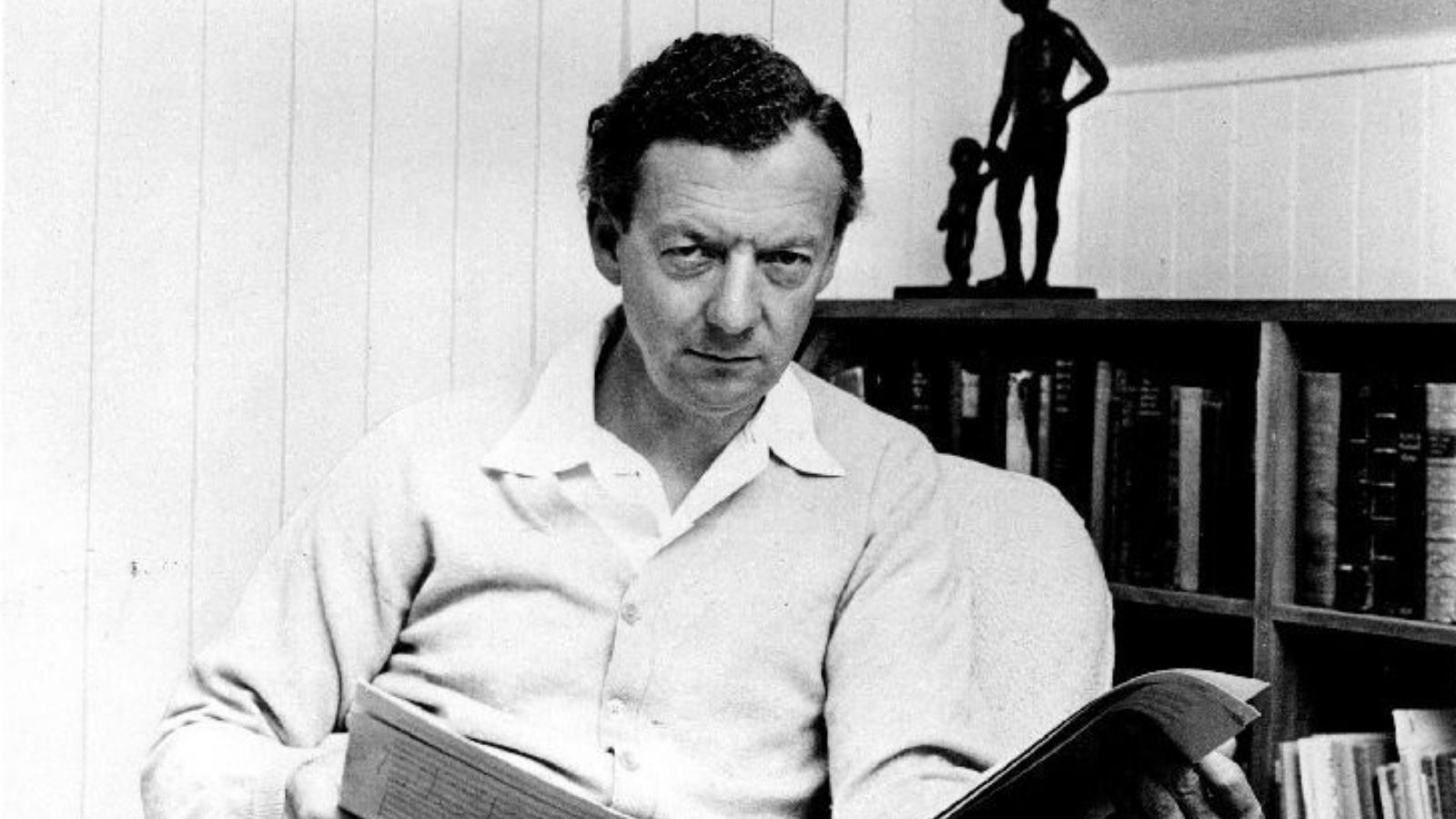
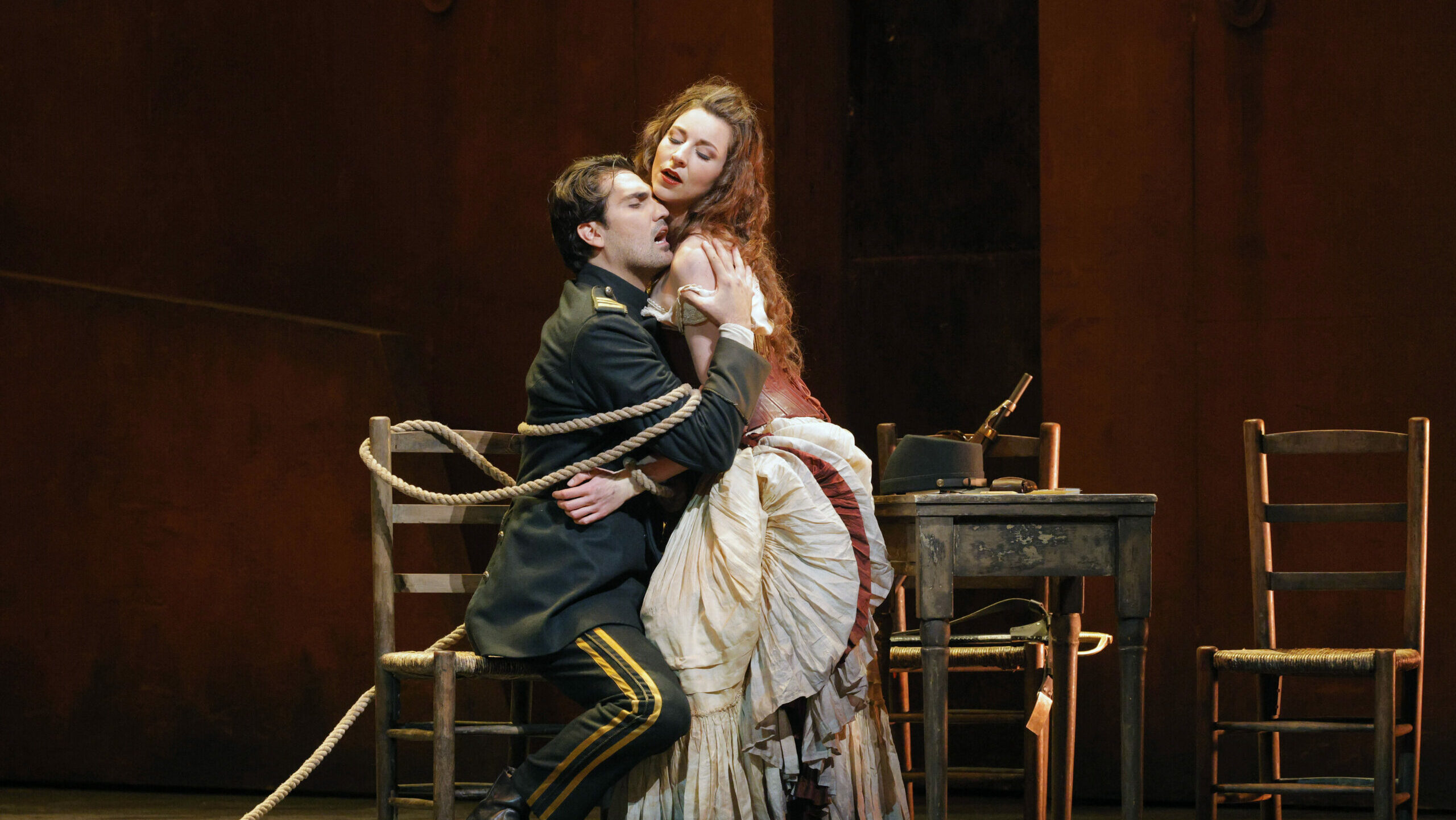
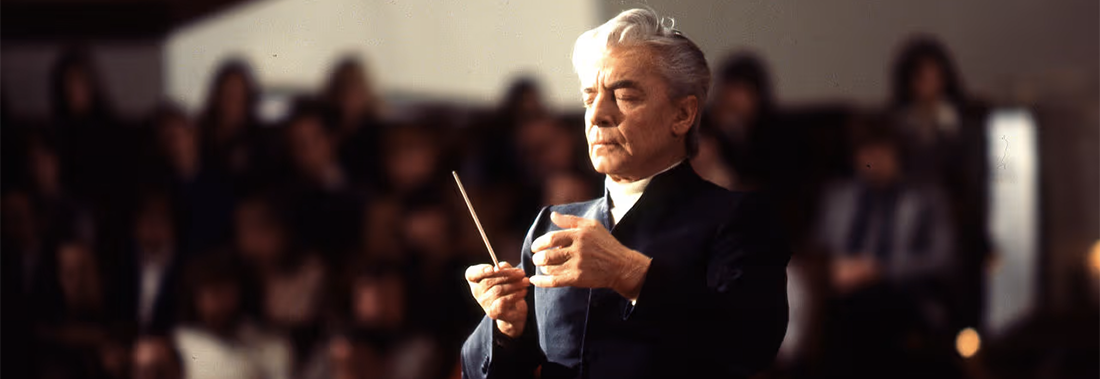
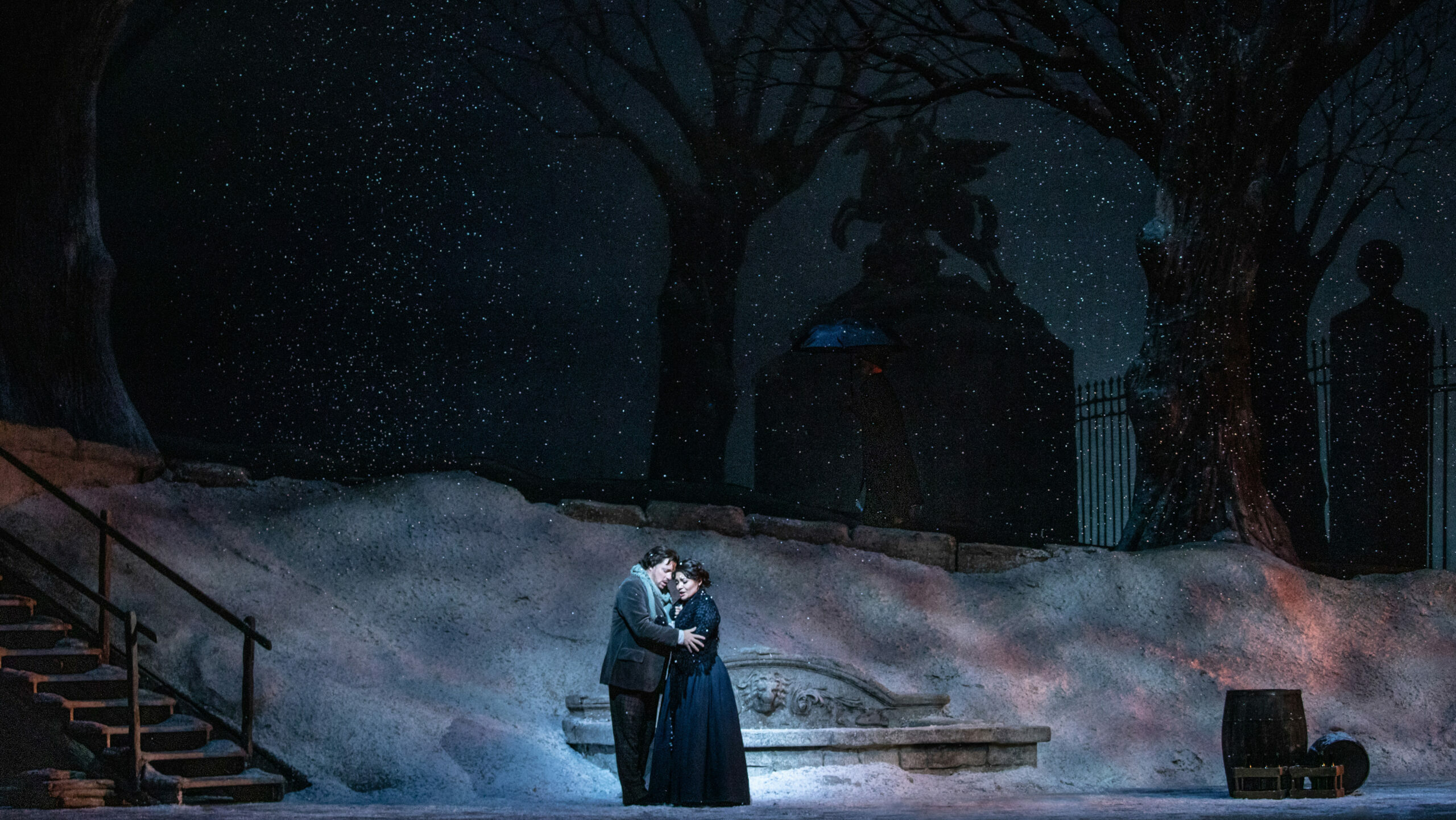
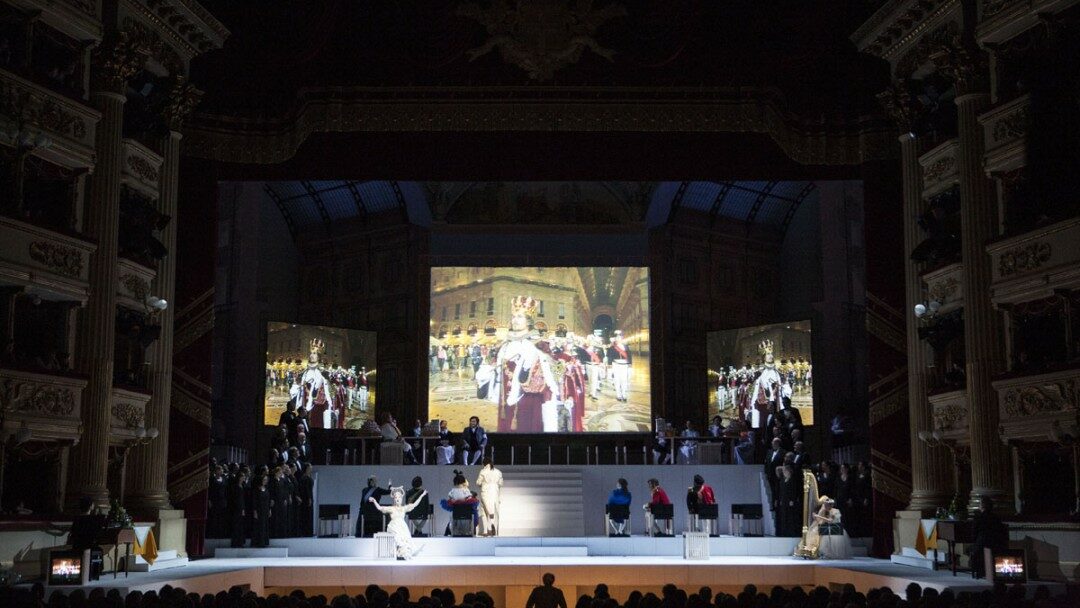
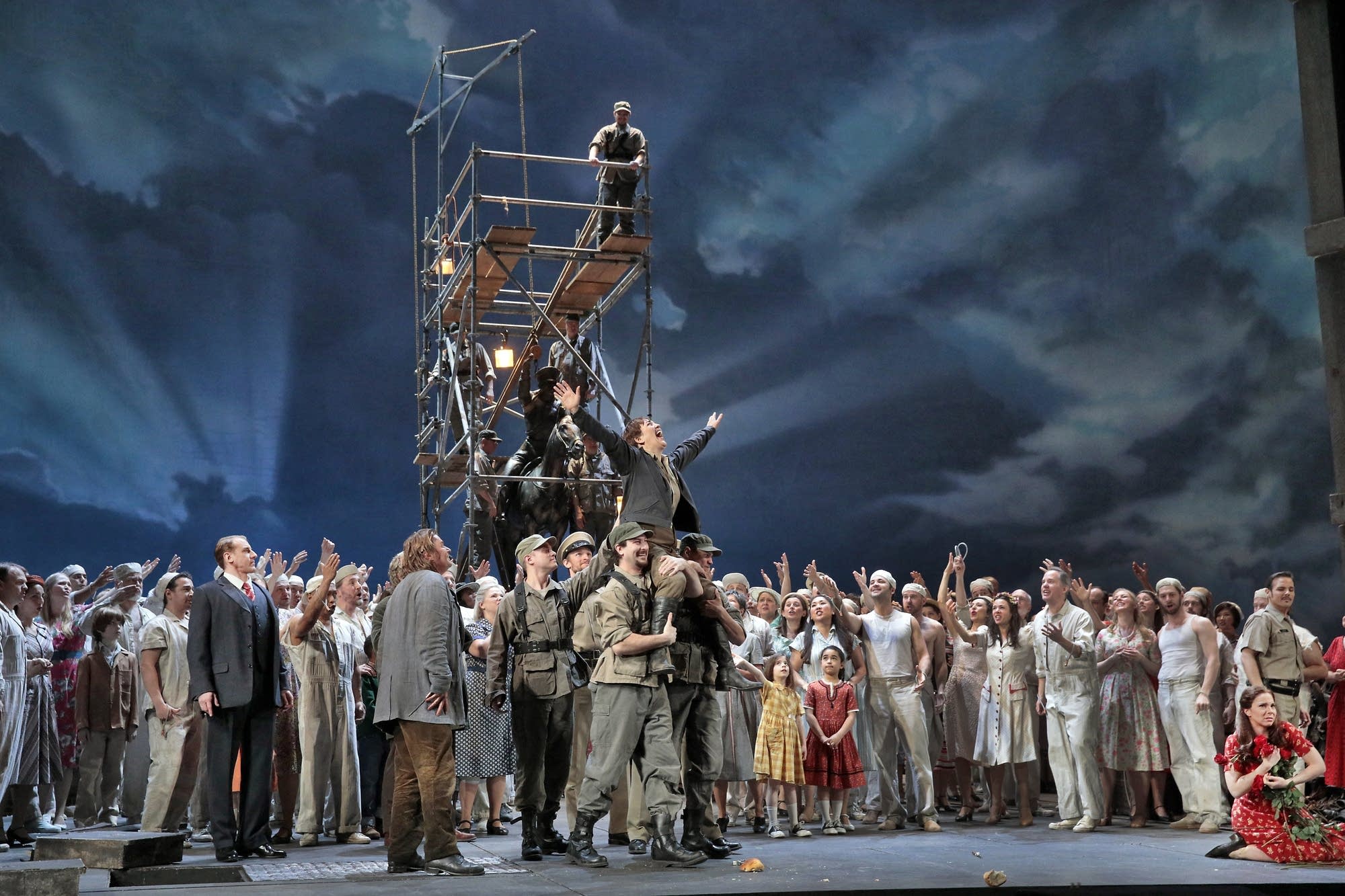


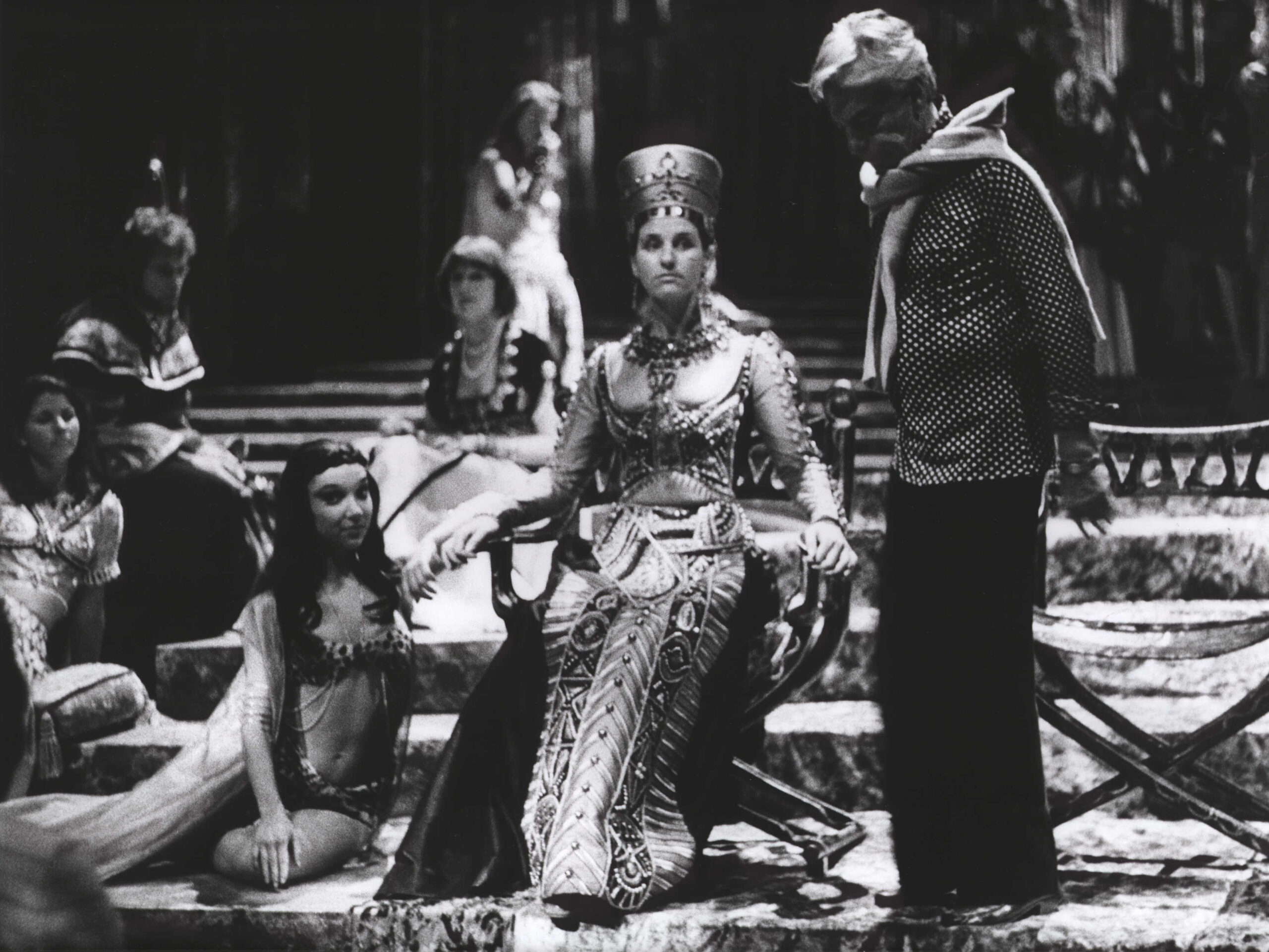

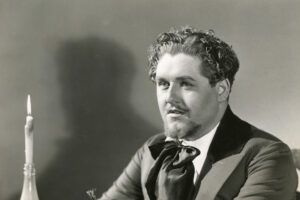




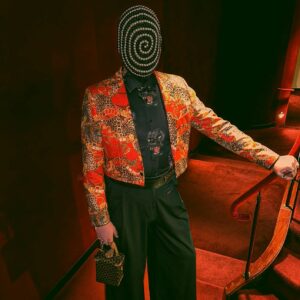
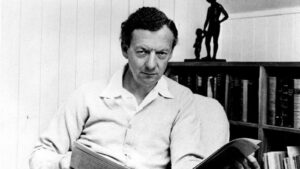




Comments